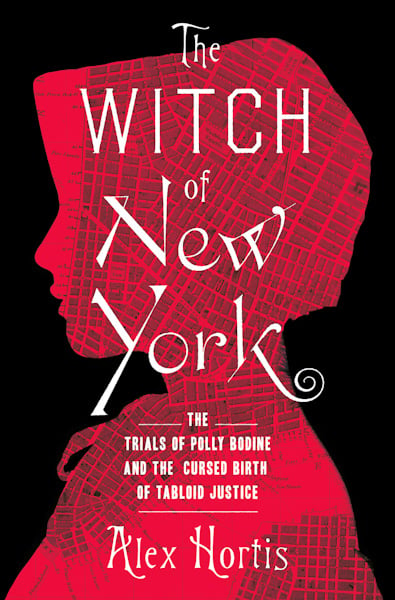9th Circuit tosses part of lawsuit against CNN demanding closed-captioning on its Web videos
The San Francisco-based 9th U.S. Circuit Court of Appeals gave CNN a partial victory in a suit demanding it provide closed-captioning on all videos posted on its website, but then stayed the case so the California Supreme Court can decide whether the California Disabled Persons Act requiring equal access to “places of public accommodation” includes a virtual “place” such as the website, the Courthouse News Service reports.
The federal appeals court was considering CNN’s appeal of a magistrate judge’s ruling in 2012 that the suit should not be dismissed under California’s anti-SLAPP statute (strategic lawsuit against public participation). The magistrate judge found that CNN’s decision not to provide closed-captioning did not involve free speech.
A three-judge panel of the 9th Circuit said otherwise in its opinion (PDF) Wednesday, in the suit brought by the Greater Los Angeles Agency on Deafness.
GLAAD brought the suit under both the DPA and California’s Unruh Civil Rights Act. Under the latter, the plaintiff must prove intent to discriminate. The 9th Circuit ruled that, while the hearing impaired “bore the brunt of CNN’s neutral policy,” there was no evidence of intentional discrimination.
Thus the punt to the state high court for a look at the DPA.
Wrote 9th Circuit Judge M. Margaret McKeown, for the panel: “Numerous recent cases have discussed the DPA’s applicability to virtual spaces like websites, but there is no conclusive California authority on point. Since the Internet is increasingly ubiquitous in daily life, and this question is likely to recur, we respectfully request that the California Supreme Court resolve the issue.”



